Podcast: Play in new window | Download | Embed
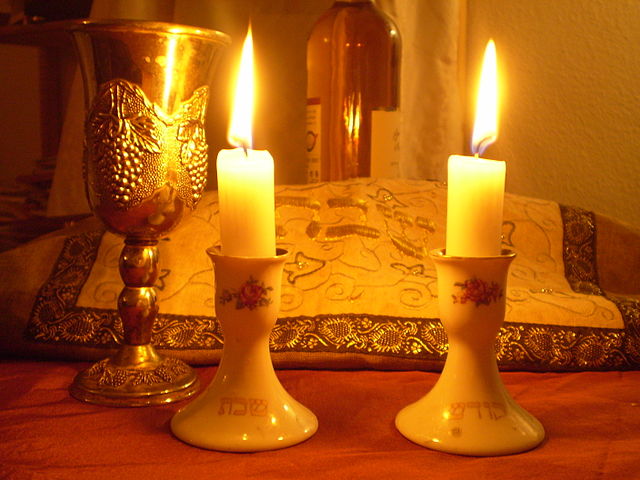
{{Information |Description={{en|1=Shabbat Candles}} {{de|1=Schabbatkerzen}} |Source={{own}} |Author=Olaf.herfurth |Date=2010-03-06 |Permission= |other_versions= }}
This week we pick up in Exodus Chapter 20 verse 7 and do a little review. Then we move on to discuss Shabbat and the depth of verses 8 – 11. Also, since I reference Genesis and Heschel I’ll add links and information regarding that as well.
Exodus 20 (NIV):
7“You shall not misuse the name of the Lord your God, for the Lord will not hold anyone guiltless who misuses his name.
8“Remember the Sabbath day by keeping it holy. 9Six days you shall labor and do all your work,10but the seventh day is a sabbath to the Lord your God. On it you shall not do any work, neither you, nor your son or daughter, nor your male or female servant, nor your animals, nor any foreigner residing in your towns. 11For in six days the Lord made the heavens and the earth, the sea, and all that is in them, but he rested on the seventh day. Therefore the Lordblessed the Sabbath day and made it holy.
Genesis 2 (NIV):
1Thus the heavens and the earth were completed in all their vast array.
2By the seventh day God had finished the work he had been doing; so on the seventh day he rested from all his work. 3Then God blessed the seventh day and made it holy, because on it he rested from all the work of creating that he had done.

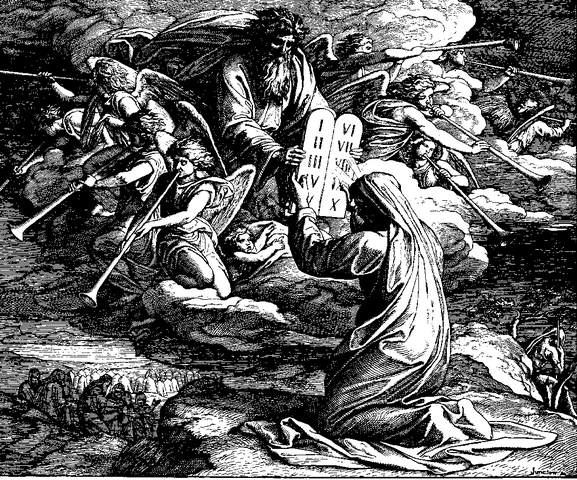

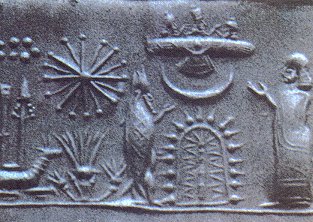
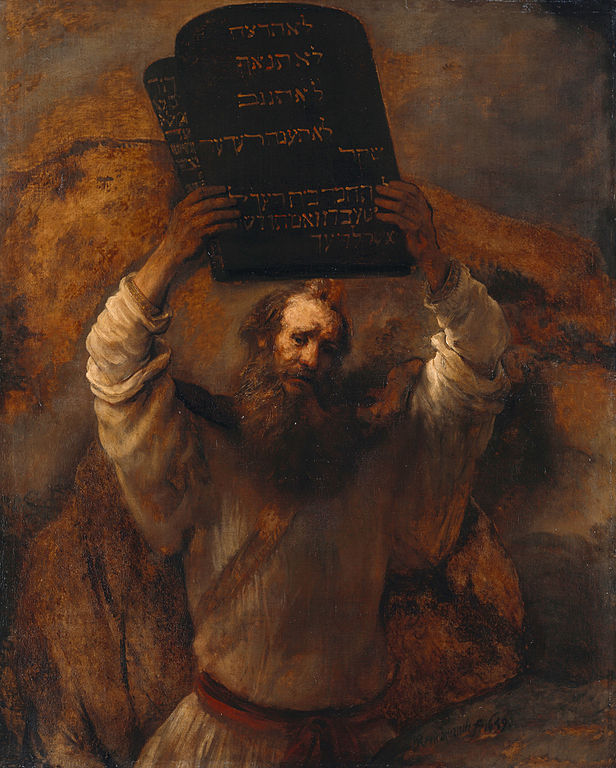
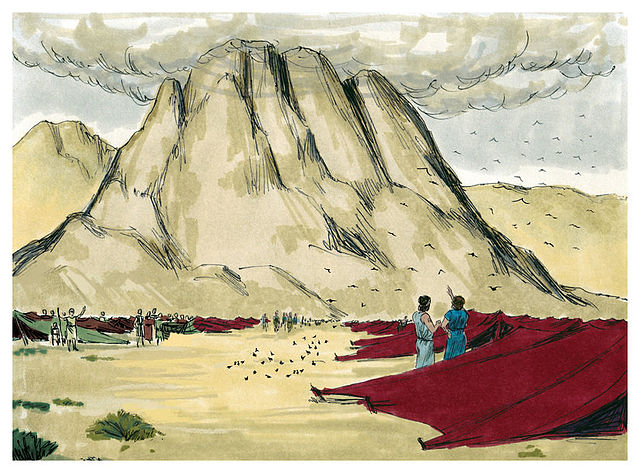
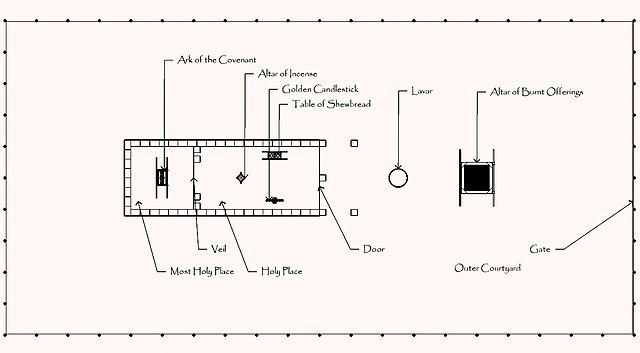
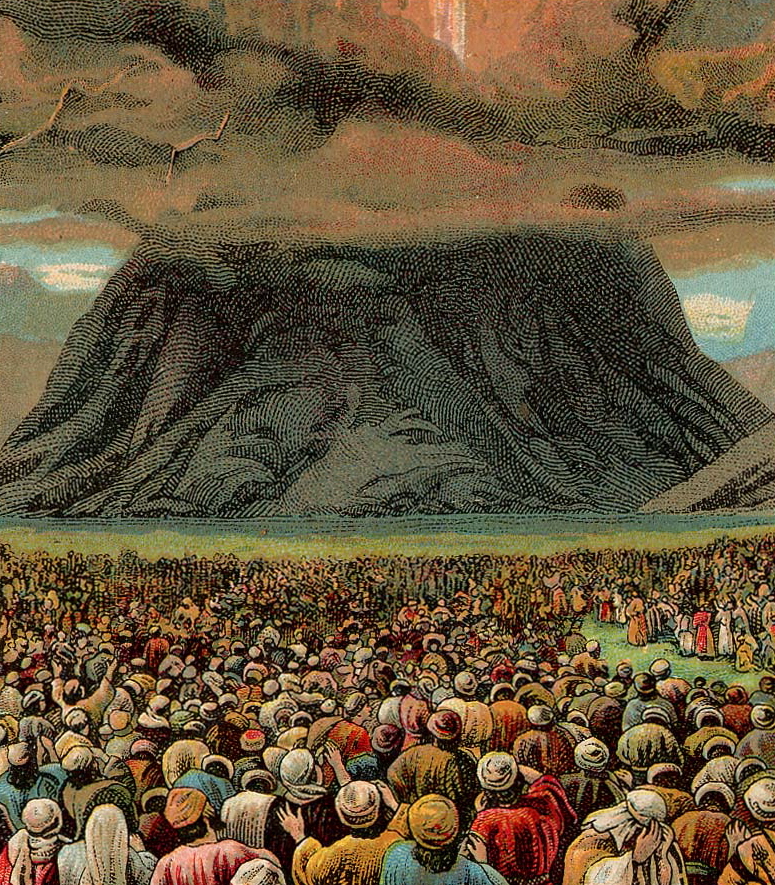
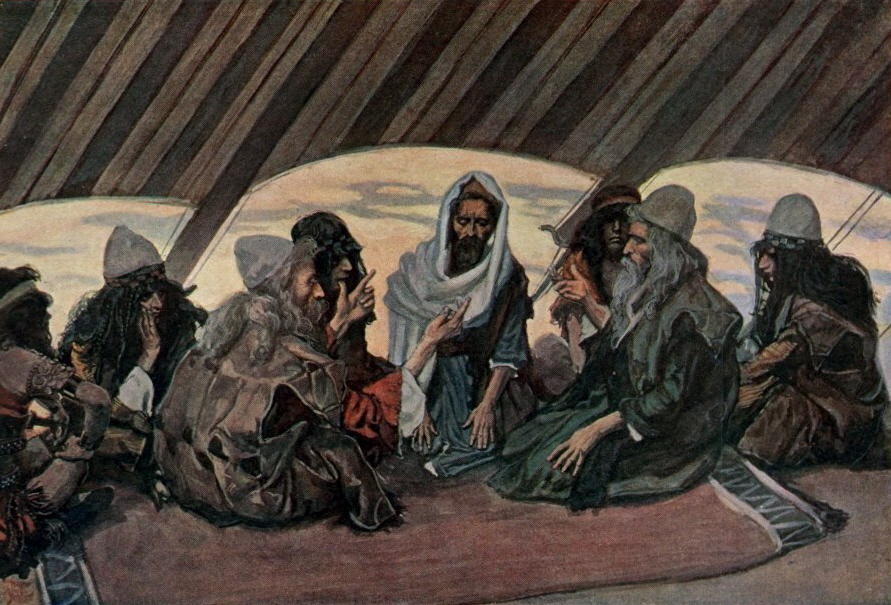
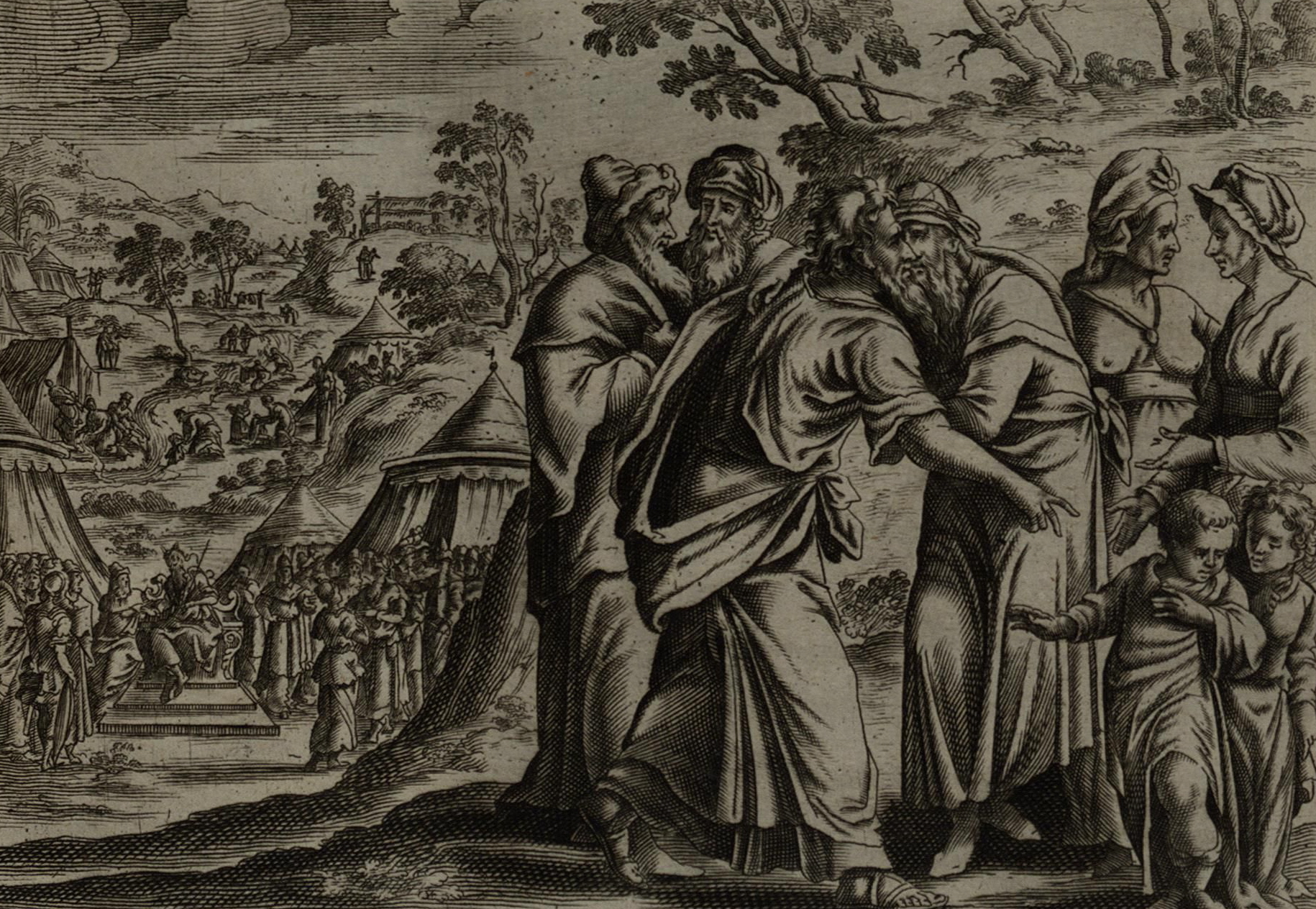
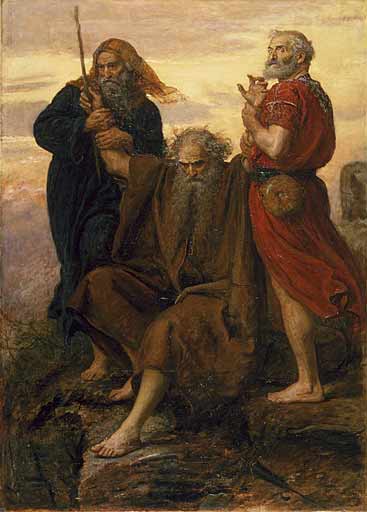
Follow Me!